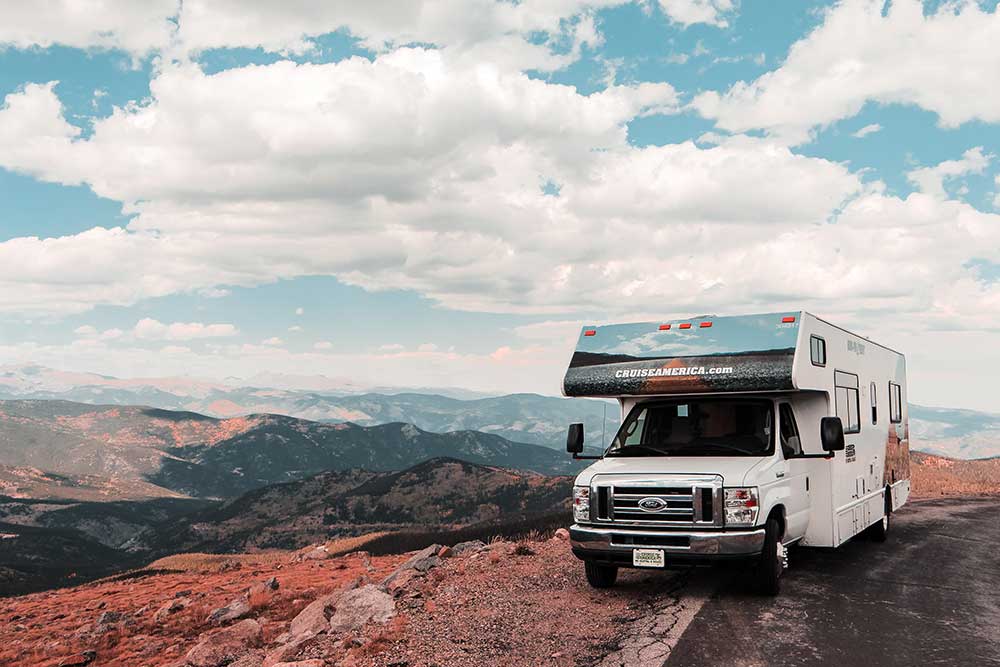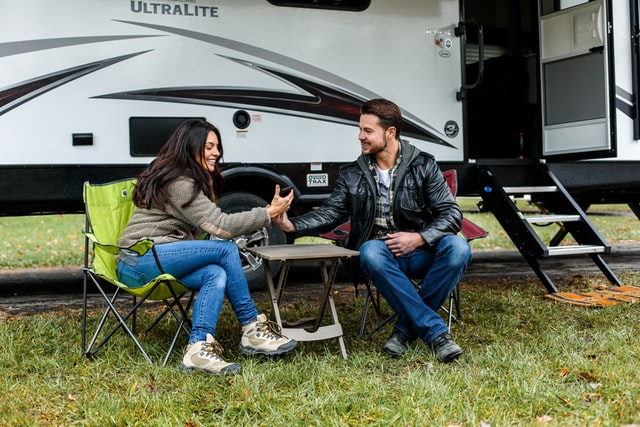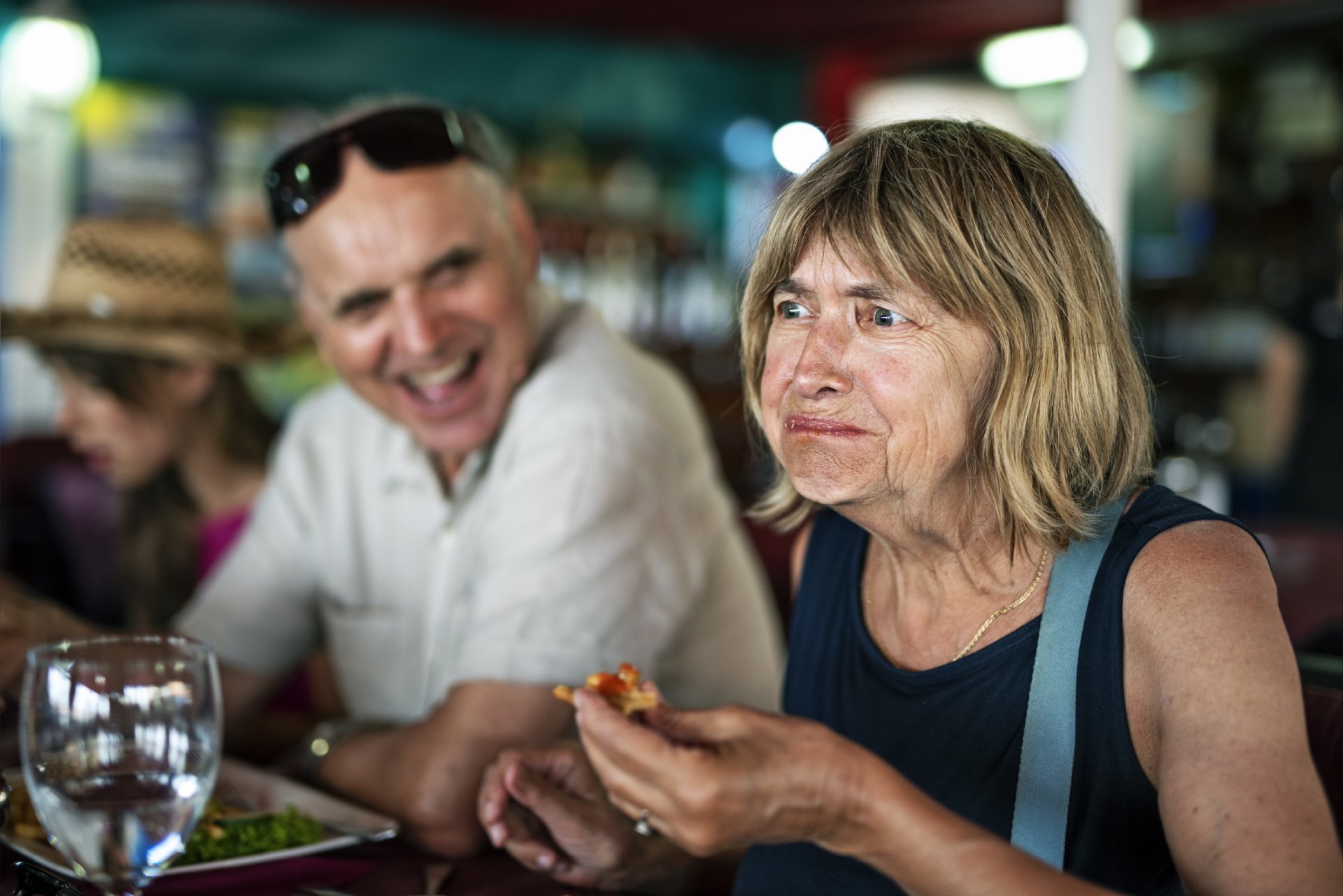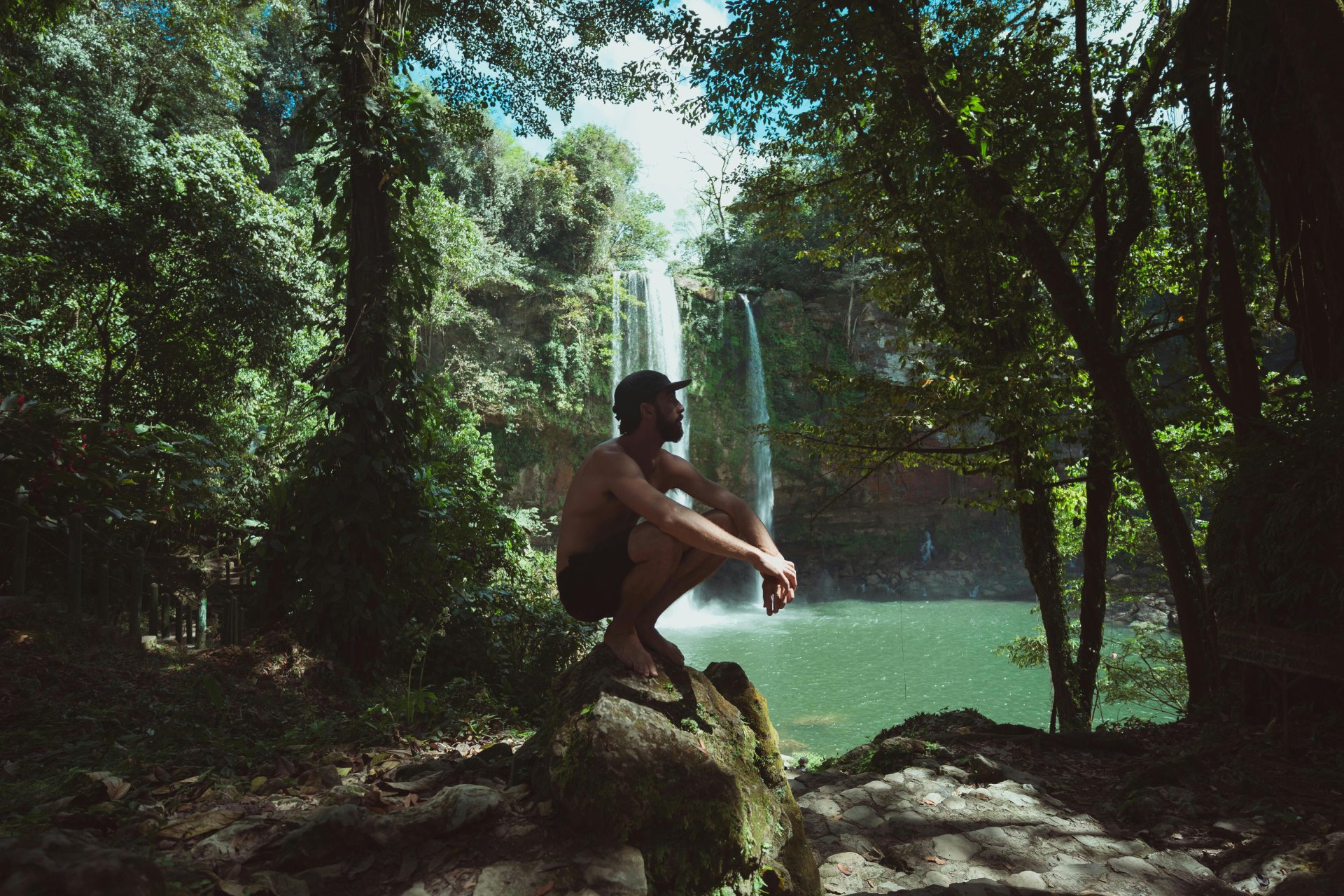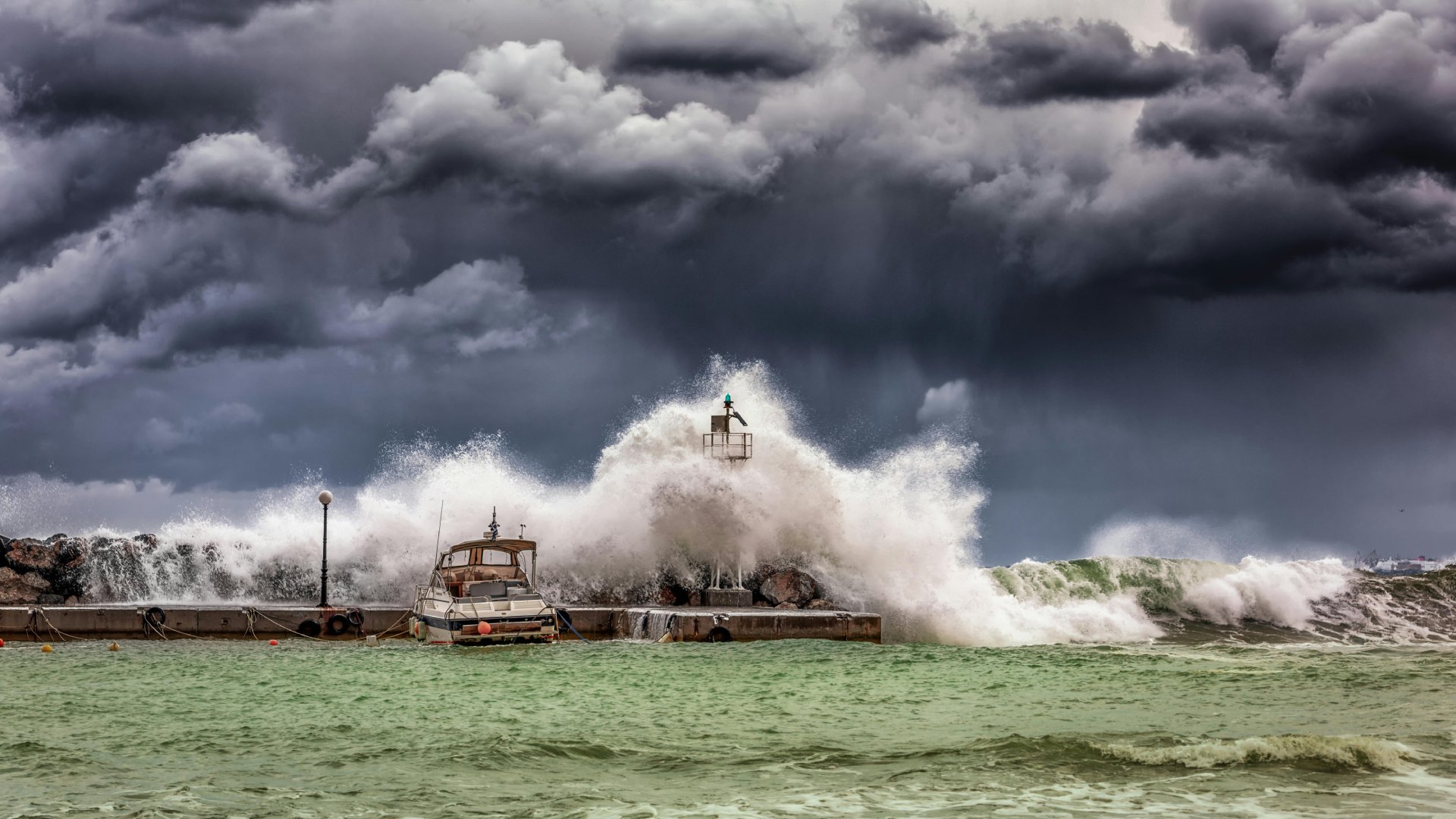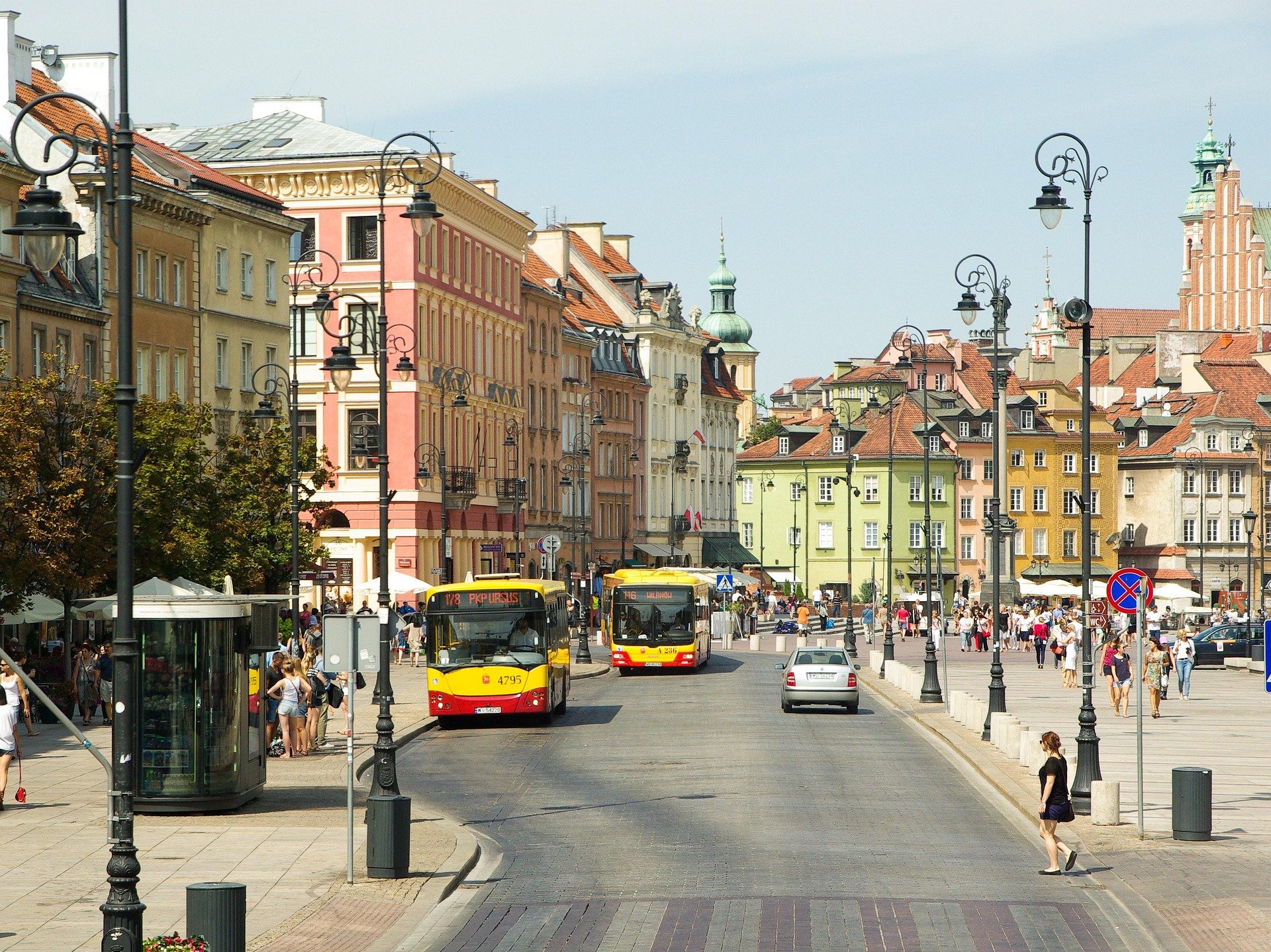Rising gas prices, the ongoing COVID-19 threat and escalating consumer prices are not putting a damper on 2022 summer vacation plans. Families are willing to accept whatever inflation costs come their way in order to get back on the road.
AAA expects 39.2 million people will travel for the unofficial start of summer on Memorial Day 2022, and the numbers of summer vacationers will only increase from there. A Credit Karma survey found 30% of people are getting ready to spend more this summer, and 22% say it’s going to be at least $1,000 more than their typical budget. Deloitte predicts travelers will take an average of two trips this summer, with 57% taking a road trip and 51% taking a flight.
Of course, the longer the distance, the higher the risk.
“Road trips by car or RV present a higher risk of coronavirus exposure since you will likely be encountering indoor environments and other people,” said Dan Richards, CEO of Global Rescue. “Additional precautions will be needed.”
The travel experts at Global Rescue have compiled a checklist of coronavirus road trip safety tips to help keep you safe as you travel 100 miles or more away from home.
1. Make sure your vehicle is maintained
There’s a good chance many off-the-beaten track gas stations and mechanic shops are closed. Before you hit the road, make sure your vehicle’s maintenance is up to date. Consumer Reports provides a solid checklist, which includes fluids, belts and hoses, tires and brakes.
2. Make sure you are maintained
Have you checked in with your doctor recently? A travel health consultation before a lengthy road trip is a great idea.
“Make sure you are up to date with your routine vaccinations — seasonal flu vaccine and measles, mumps and rubella vaccines,” said Jacqueline Sioson, operations supervisor at Global Rescue, “If you are unwell or have signs and symptoms of COVID-19, postpone your travel and seek medical consult.”
3. Bring what you need
Pack a snack bag or a cooler with drinks in case stores and restaurants are closed. Plan to eat in your car, so have paper plates, forks and napkins handy (or eco-friendly utensils, reusable snack bags or travel mugs).
Don’t forget to bring cleaning supplies. Package everything needed to clean and disinfect — paper towels, Lysol spray, hand sanitizer, individual tissue packages and microfiber cloths — in a clear plastic tote with handles. A clear tote makes these supplies easy to see and easy to carry if needed.
4. Pack a restroom kit
Because most restrooms have been designed to prevent disease transmission, National Public Radio ranked using a public restroom as a low to medium risk. It’s the other stops — like restaurants, pools and retail stores — where it’s harder to distance yourself from others that pose a higher risk of contagion.
Still, you may want to consider bringing a pared down version of Global Rescue’s COVID-19 travel kit with you into a restroom, should you find one open. It could include small bars of soap and a bottle of water (to wash your hands), travel-size packs of toilet seat covers, paper towels, hand sanitizer and disinfectant wipes.
5. Choose your stops carefully
Part of the fun of a road trip is getting out of the car, stretching your legs and looking around. But if you’re taking a road trip during a pandemic, you’ll want to evaluate each stop and decide if getting out of the car is worth it.
“Stops for fuel, food and refreshments will require the usual masking, physical distancing and hand sanitizing after touching surfaces like gas pumps, condiment trays and door handles,” Richards said.
Harding Bush, associate manager of operations at Global Rescue, suggests travelers think about their options.
“Ask yourself what’s better and what’s worse,” he said. “Is it better to stop at a rest area or is it better to quickly pull into a gas station? And is that gas station even open?”
6. Bring extra communication devices
The Los Angeles Times interviewed Sheryl Connelly, a futurist who studies global consumer trends for Ford Motor Co., who recommended road trippers “pack plenty of charging cords and perhaps external batteries for electronic devices. If your navigation system contains emergency calling, enable that as well.”
7. Plan your route
It is advice worth repeating: be prepared for different scenarios in this new travel reality.
- Check quarantine requirements in each state. You may not be free to come and go.
- Find out what rest areas are open.
- Check national traffic and road closure information.
- Watch for hot spots on your route with a CDC map of coronavirus cases.
Be sure to sign up for our Coronavirus Report, which includes updated information on restrictions, requirements and cases for all 50 states and more than 200 countries worldwide.
8. Get updates on the road
While you are traveling, it is possible a state or local government may put into place travel restrictions, such as stay-at-home or shelter-in-place orders, mandated quarantines upon arrival, or even state border closures.
“If members have coronavirus questions, we’ll get the answer for you,” Bush said.
9. Home again
At the end of your road trip, depending on your state of residence, you may be required to self-quarantine for 14 days.
Sioson offers this advice for post-travel precautions.
- Continue the prevention measures that you used during your travel (hand hygiene, wearing face masks, and social distancing).
- Avoid direct contact with body fluids, particularly oral or respiratory secretions. Avoid kissing, if possible.
- Continue to disinfect high-touch surfaces.
- Wash laundry thoroughly.
- Monitor your health. Watch for these signs and symptoms: fever, coughing, shortness of breath or difficulty breathing. “Other early symptoms to watch for are chills, body aches, sore throat, headache, diarrhea, nausea/vomiting, and runny nose,” Sioson said.
- If you develop fever or any of the mentioned symptoms, call your health care provider right away.
“Now, more than ever, travelers need to plan for and be prepared for contingencies that affect travel,” Bush said. “It is important to consider medical and security evacuation services and really understand what they will and will not, provide. Make sure your health insurance is valid where you will be traveling. All of this preparation and forethought will enhance your awareness, making it easier to avoid inconveniences or pitfalls. You’ll enjoy a better trip.”
Planning a trip in your car, SUV or RV? Consider enrolling in a Global Rescue membership so you can travel prepared. With flexible terms and membership types, you can get Global Rescue for a solo adventure or the family road trip of a lifetime.

